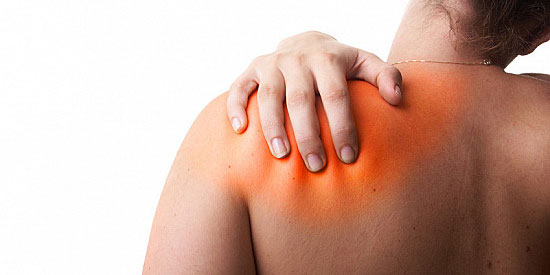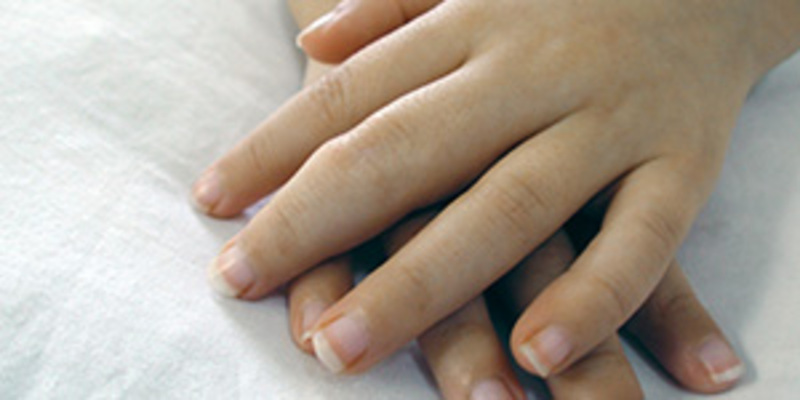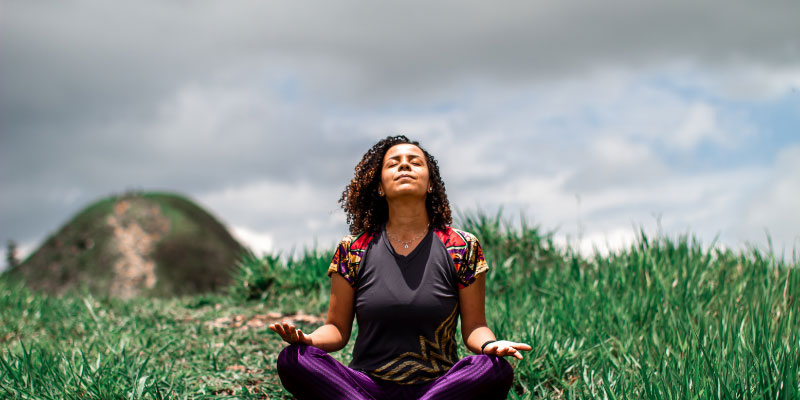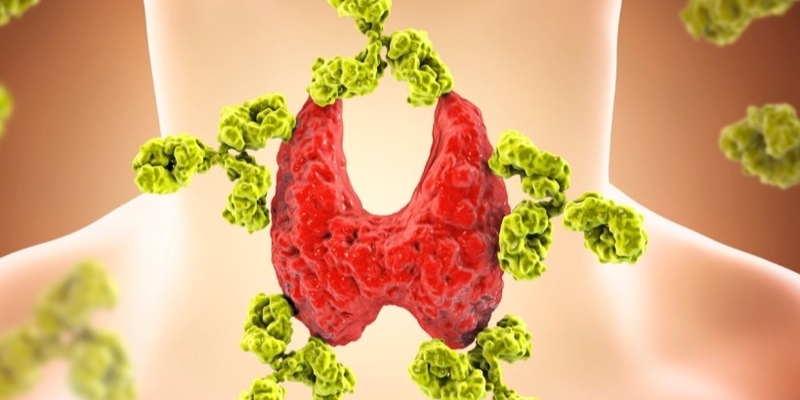A rotator cuff is a set of four muscles and tendons that wraps around and protects the humerus, allowing you to lift and move your arm while keeping your shoulder in place. Each shoulder has its rotator cuff. A variety of factors may bring on shoulder pain. You may have hurt it in a fall or other accident, or you overworked it while doing a task like painting. Shoulder discomfort may be caused by conditions such as arthritis in certain instances. It can originate from issues in other areas of your body, a phenomenon known as referred pain.
Shoulder Pain Causes and Risk Factors
Dislocation
If your shoulder is dragged too far back or turned too much, the top of your arm may come out of its socket. This may also happen if your shoulder is rotated too far. Shoulder discomfort and weakness are what you might expect to experience there. You may also have bruising, numbness, and swelling in addition to these symptoms.
Separation
This injury affects the joint in your shoulder that is located between your collarbone and your shoulder blade. The acromioclavicular (AC) joint is the name given to this particular joint. The ligaments that were keeping it together are torn due to the fall or the hit. If your collarbone is dislodged from its normal position, you will experience a bump on the top of your shoulder.
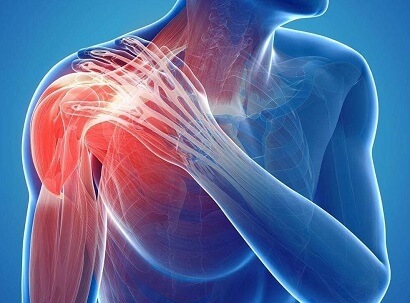
Fracture
If you fall or take a strong impact, you risk breaking or cracking a bone. The clavicle (sometimes known as the collarbone) and the humerus are the bones that are most often broken (the arm bone closest to your shoulder).
Cartilage Tear
You run the risk of sustaining an injury to the cartilage, which is the rubbery cushioning surrounding the shoulder joint's rim. It's possible to bring it on by repeating the same move repeatedly. When you fall, or your shoulder is subjected to a significant amount of force, you risk injuring it. If you have this injury, reaching above your head could cause discomfort, and your shoulder might feel like it has lost its strength. You may also get the sensation that it is grinding, catching, or locking up.
Rotator Cuff Tear
The set of muscles and tendons in your shoulder, known as the rotator cuff, is responsible for keeping your arm in place and allowing you to raise your arm over your head. It is possible to harm it either via misuse or by a fall. As you become older, it will also start to exhibit signs of wear and tear. When you attempt to lift objects at night, your shoulder may give you pain. When you move it, you can hear a crackling sound.
Frozen Shoulder
Because of this disease, your joint is restricted in its range of motion. Your shoulder cannot move freely because of abnormal bands of tissue formed in the joint. These bands are called adhesions. Because of the discomfort or surgery, you may have used your shoulder less, which has allowed adhesions to grow and caused the shoulder to "freeze."
Impingement
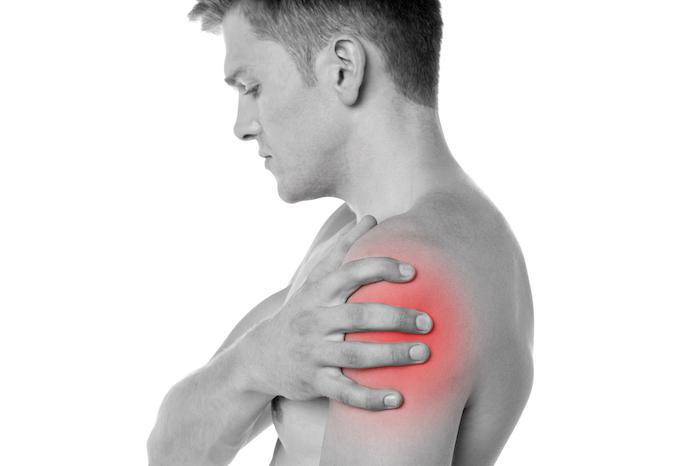
The tendons of the rotator cuff can get compressed inside the bones of the shoulder, causing this condition. It has the potential to produce edoema as well as discomfort. This condition may be triggered by repeatedly lifting your arms over your head.
Additional Reasons For Shoulder Discomfort Include:
Osteoarthritis
This kind of arthritis, also known as degenerative joint disease, is the most frequent form of the condition. Shoulder pain is one of the many symptoms that this condition may cause. As the cartilage that separates bones wears down, the bones begin to rub against one another. This might result in discomfort as well as stiffness.
Rheumatoid Arthritis
Because of this illness, your immune system will target the lining that protects your joints. This is a very painful condition. Shoulder soreness and stiffness are other potential side effects of this condition.
Referred Pain.
Shoulders might give you trouble even when there's nothing physically wrong with them. This might indicate something wrong with your liver, gallbladder, or another organ.
Heart Attack
If you experience pain in your shoulder, difficulty breathing, or a tight feeling in your chest, you may need immediate assistance from a medical professional.
Tendinitis
When this happens, inflammation occurs in the tendons that are a part of your rotator cuff. It may develop gradually over time or occur suddenly as a consequence of an accident, such as a fall or a blow to the shoulder.

